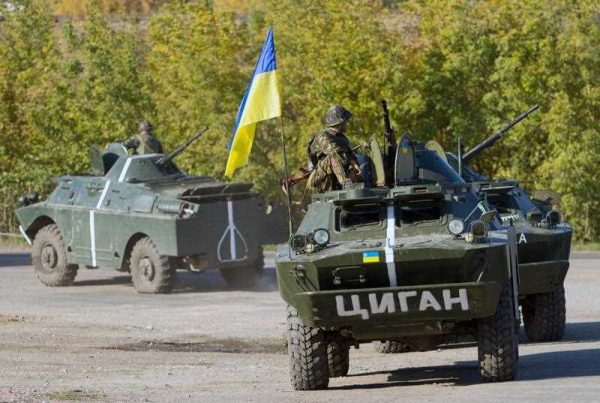The Ukrainian crisis does not herald the beginning of a new Cold War but is instead a leftover from the unresolved conclusion of the original one. At its most basic, however, the crisis is about the clash of two contradictory trends. One is the desire of major and emerging powers to safeguard their interests in their own immediate and extended geographic neighbourhoods. The other is the post-Cold War international norm against unilateral use of force and redrawing borders through military action. Thus there is broad international consensus that Russia’s recent annexation of Crimea, though perhaps justified in order to protect Russian interests in the region, violated the post-Cold War norm of settling territorial disputes without the use of force.
This crisis may impact the summit in three ways.
One particularly negative scenario would be that Australia, the 2014 host, decides to ban Russian president Vladimir Putin from attending the summit and moves are made to eject Russia from the grouping, just as Moscow was expelled from the G8. Apart from challenging the consensus-based decision making norm within the G20, this move would seem particularly ill-advised: it could set a precedent for future summit hosts to be equally selective in their invitations. Besides, the G20 agenda is challenging enough even with all members present and engaged. It would be almost impossible to implement without the presence of Russia. And preventing Russia’s participation will not resolve the Ukrainian crisis — it might even exacerbate it. Having Russia within the grouping, however abhorrent, is perhaps better than trying to deal without it outside.
Even with Russia present at the summit, there is a chance that deliberations may be hijacked by the spat over Ukraine and other international disagreements where Moscow and Washington are on opposing sides as well as the US-led sanctions against Russia. Such a dynamic was evident at the 2013 St Petersburg summit, which was dominated by the crisis in Syria and will be remembered for Putin’s tirade about possible moves by the United States and its allies to intervene militarily against Moscow’s staunch ally in the Middle East. The Brisbane summit is likely to be even tenser given the sanctions imposed by G20 members against Russia. The challenge for Australia will be to ensure that the sanctions against Russia, the Ukraine crisis, and other international imbroglios, do not detract from the primary objective of the summit, which is to provide strategic priority for growth, financial rebalancing and emerging economies, investment and infrastructure, and employment and labour mobility.
More optimistically, the presence of Putin might also offer an opportunity for him and other leaders to try and seek a resolution of the Ukrainian crisis on the sidelines of the summit. The joint agreement between Russia and the US to dismantle Syria’s chemical weapons arsenal following the St Petersburg summit is an example of how this might play out. But, for this to work, Australia and other countries — perhaps one or two BRICS members, like India, which are not seen as hostile to Russia — would have to work behind the scenes before the summit to explore possible solutions.
The resolution of the Ukrainian crisis might well be beyond the scope of the Brisbane summit. But the G20, which was after all established to seek a collective resolution to crises in one or two regions of the world, is well suited to reinforce two crucial global norms. The first is the need to seek diplomatic solutions to disputes through negotiations and engagement; the second is the need to uphold the international practice of not redrawing borders through the unilateral use of force.
If the G20 can reinforce these principles, it would go a long way to preventing a future crisis like that in Ukraine and would contribute to ensuring an international scenario conducive for the G20’s primary objective to be achieved.
Pal Sidhu is Senior Fellow, Foreign Policy, Brookings Institution and Brookings India Centre.

